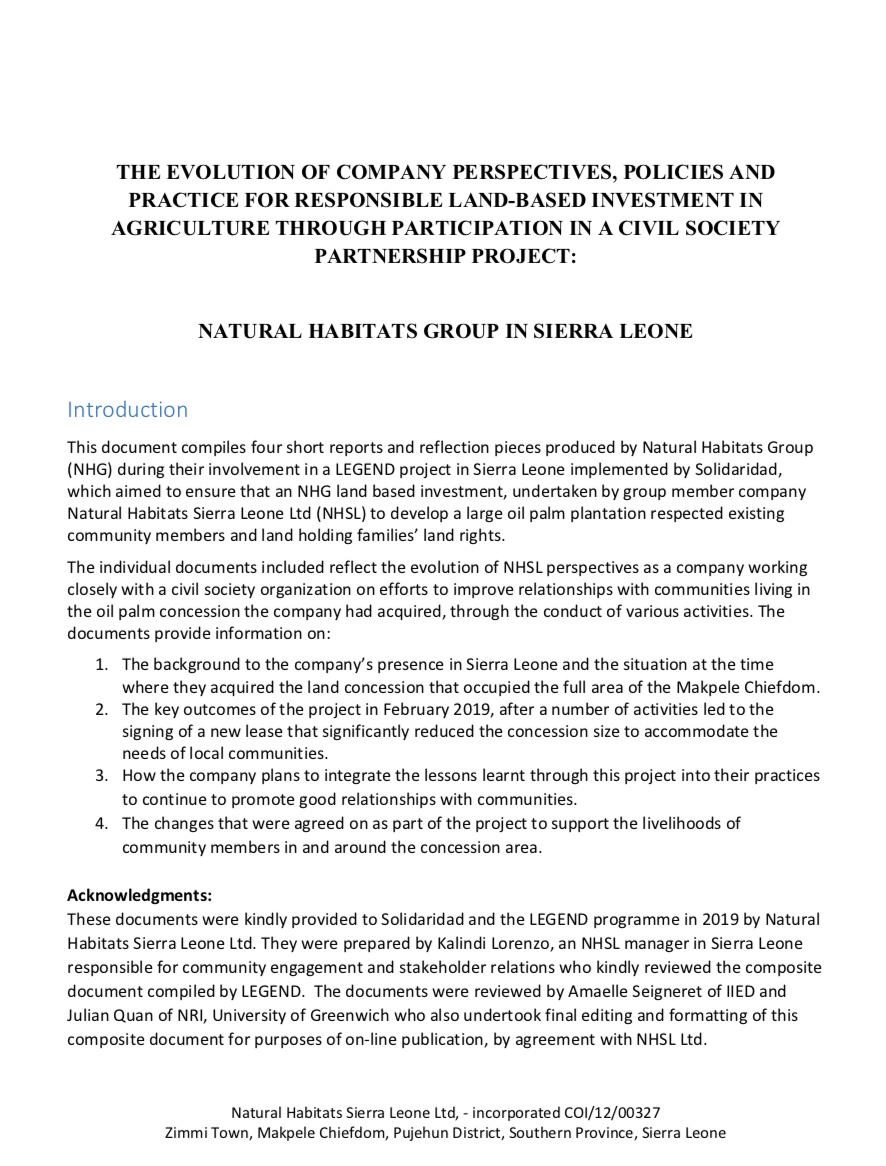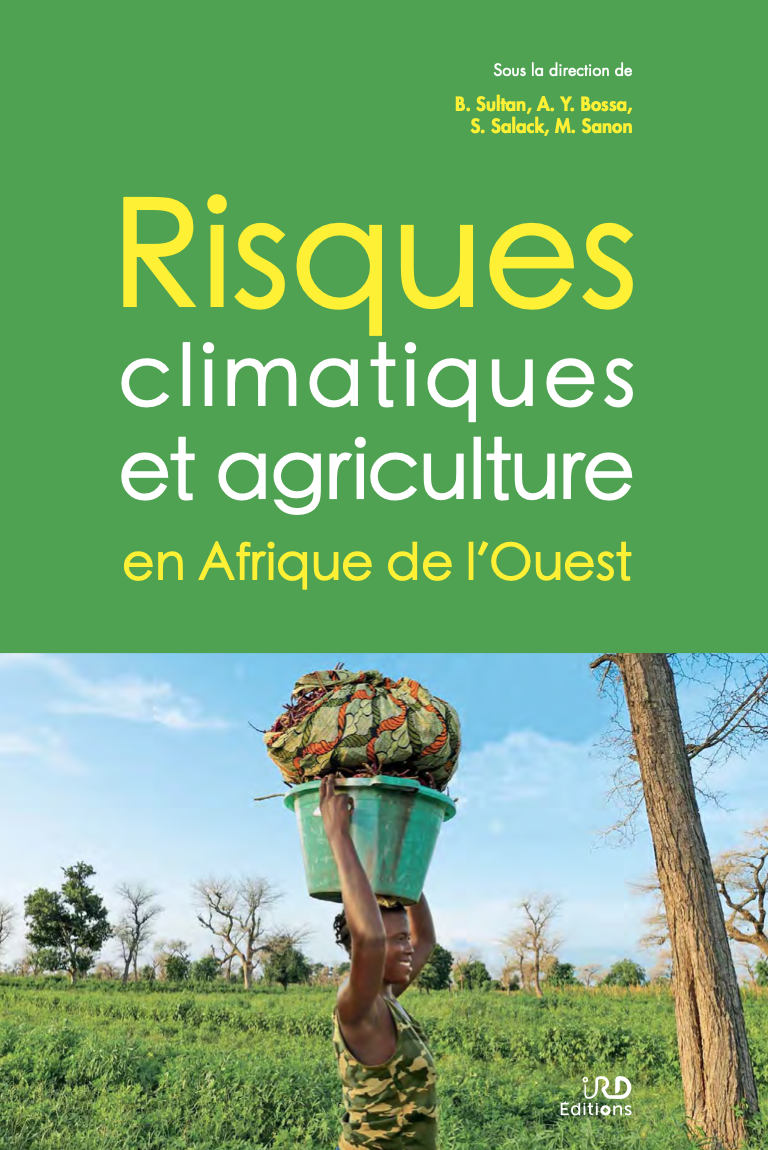Use It Sustainably or Lose It! The Land Stakes in SDGs for Sub-Saharan Africa
Sub-Saharan Africa (SSA) failed to meet most Millennium Development Goals (MDGs). The Sustainable Development Goals (SDGs) require knowledge-intensive actions that weigh development goals against sustainability options with several possibilities in various contexts. Land resources are the mainstay for most African communities and the basis of achievement of most SDGs. The “transformation imperative” in Africa will only take place in a differentiated set of resource management and use. The baselines in African countries are rather low in terms of internal policy and economic functions.









